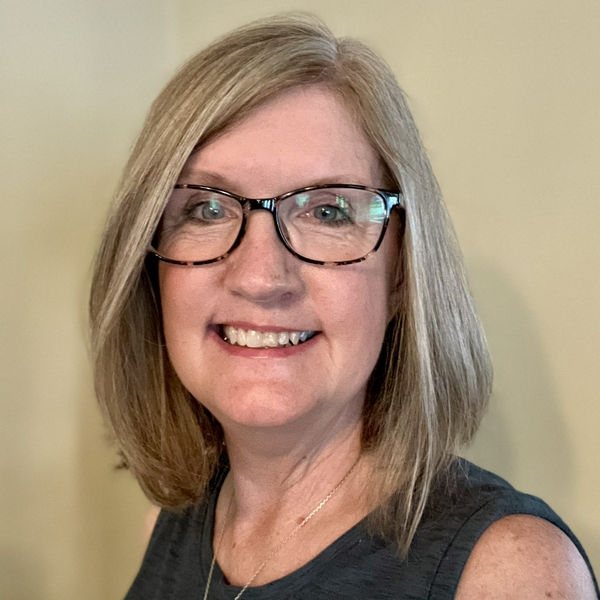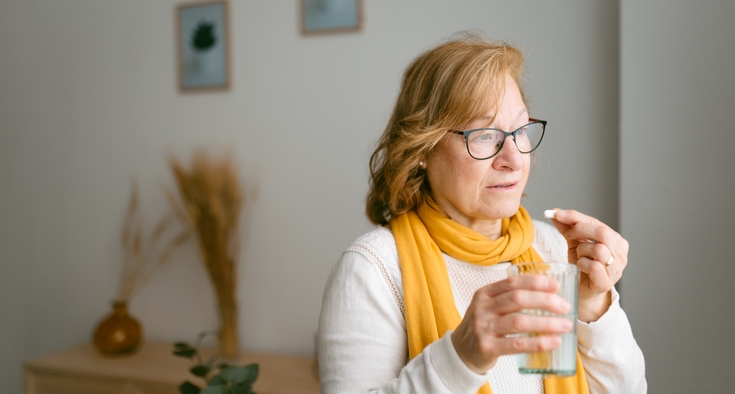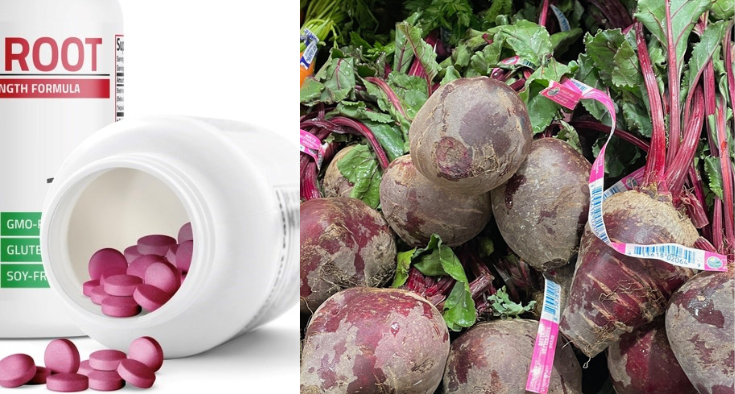Many seniors turn to supplements in hopes of staying healthy.

But taking a handful of pills each day isn’t necessarily the path to better health, said Dr. Cho Aye, a gerontologist with Novant Health Senior Care - SouthPark. She often gets asked about the use of supplements, which are a $30 billion-plus industry in the United States. So we turned to her for advice about what seniors should know when it comes to adding nutritional pills to their routine.
First, she said, it’s important to note that because dietary supplements are considered food products, they’re not approved by the federal Food and Drug Administration. And they are not without risk: Contaminants have been found in some supplements, and some ingredients in the products have been found to cause liver damage. Dietary supplement bottles are required to carry the following label: “These statements have not been evaluated by the Food and Drug Administration. This product is not intended to diagnose, treat, cure or prevent any disease.”
Good health starts with a checkup.
Aye’s basic philosophy when it comes to supplements is that for most people, getting proper nutrition is doable through a healthy diet, making additional nutritional aids unnecessary.
“If you have a balanced diet, you may not need any supplements,” she said. And while many Americans don’t eat a balanced diet, she half-joked that there’s a simple solution: “Stop spending your money on supplements and put that money toward healthier food.”
Eating habits built around the Mediterranean diet coupled with exercise are the foundation for living the longest and healthiest life, Aye said. For instance, vitamin B6, which has been shown to help red blood cells, is found in potatoes, bananas, chicken breast and fortified cereals, according to the National Institute of Health’s National Institute on Aging.
And while fresh fruits and vegetables can be expensive, frozen or canned options often cost less and are just as healthy. If the sodium content is high on canned vegetables, rinse them off or buy low-sodium versions.
Your doctor will advise you on supplements if they’re needed. But if you’re still considering taking one on your own, check with your doctor first — some supplements can interact dangerously with prescription medications.











